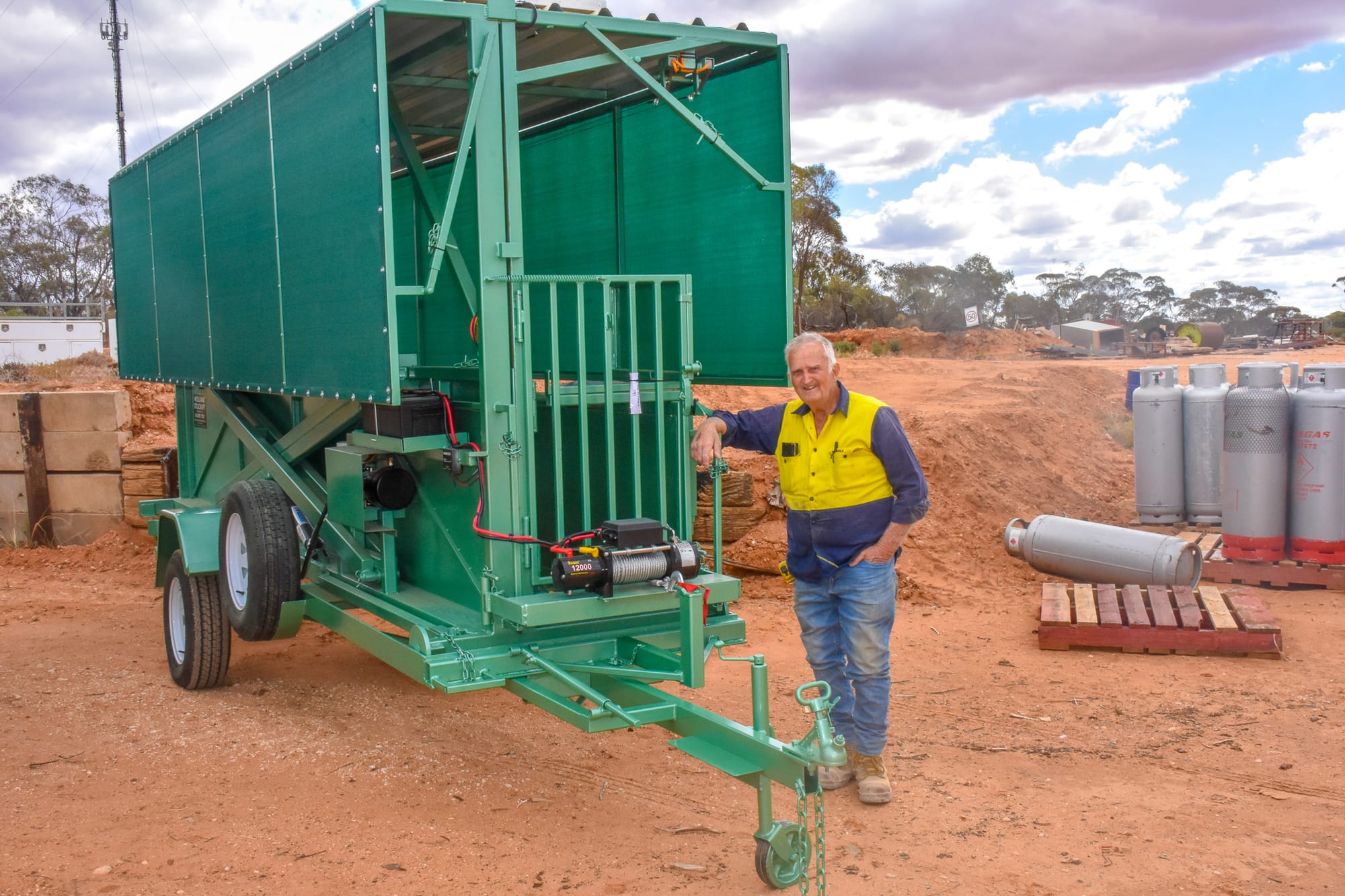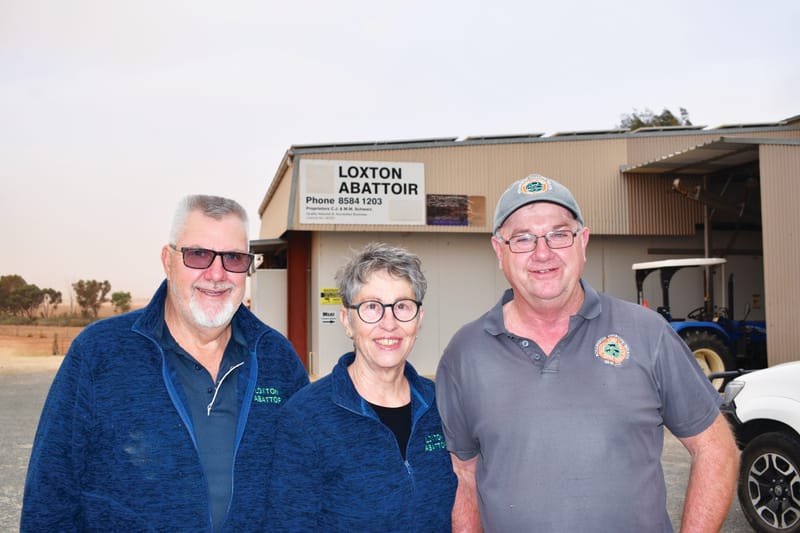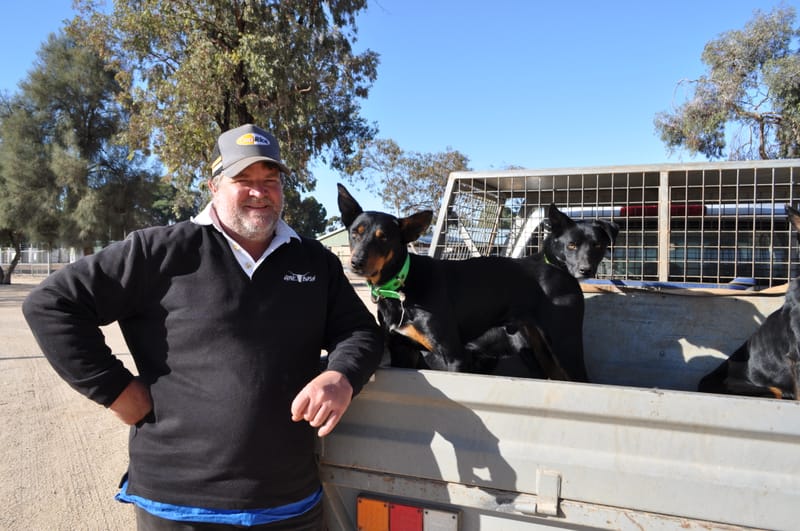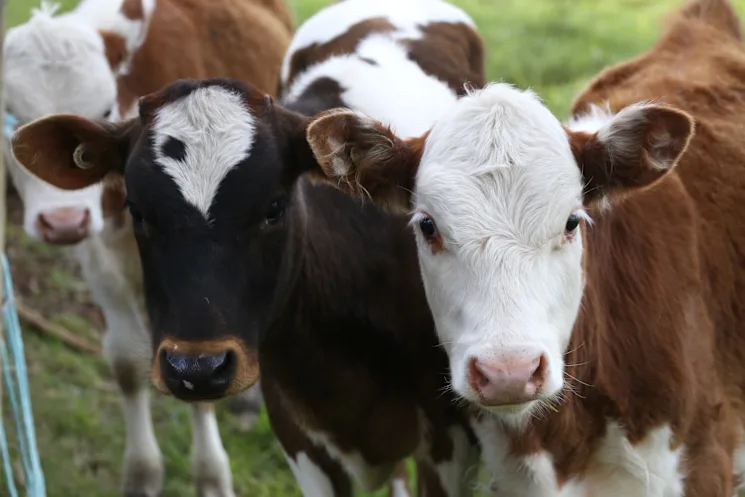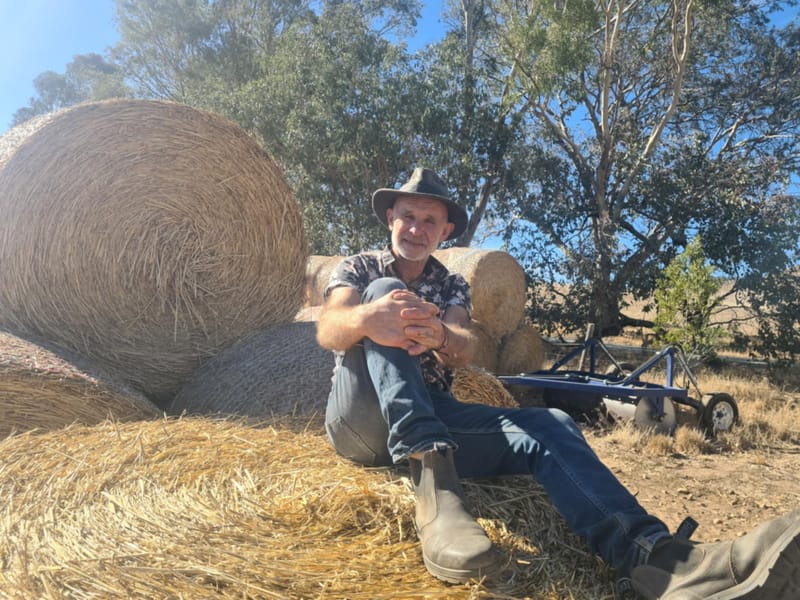Family manufacturing business lifts after Covid
AN innovative Riverland family business is back to making the jobs of graziers across Australia safer and simpler, after being heavily impacted by Covid-19 border closures. Rod Holland (pictured), of Cooltong, has spent more than a decade...
